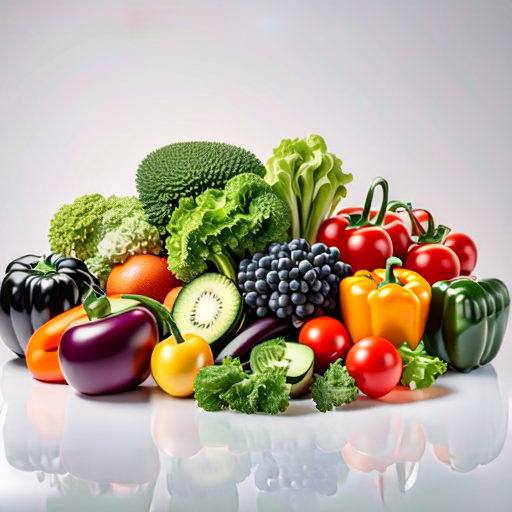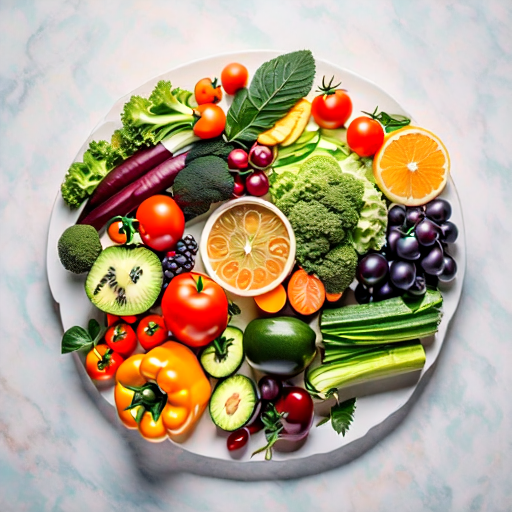Are You Cooking Your Vegetables Wrong?
Here’s What You Need to Know Eating Veggies regularly is a fantastic step toward better health, but it’s not enough to just include them in your diet — how you cook them matters too. Cooking Veggies the wrong way can strip them of vital nutrients and even ruin their flavor.
Hi viewers, and welcome back to my website In today we’ll explore common mistakes people make when cooking Veggies and how to avoid them. From overboiling to overcrowding the pan, we’ve got all the tips you need to get the most nutrition and taste out of your veggies. Stick around to learn how to elevate your veggie game!

1. Oiling Vegetables the Wrong Way
Drizzling your veggies with oil before cooking might seem like a good idea, but it often backfires. When the oil gets too hot, it can burn the Veggies leaving them bitter and unpleasant.
The Fix:
Add a thin layer of extra virgin olive oil directly to the pan before tossing in the Veggies This method prevents sticking and avoids the dreaded burnt flavor.
2. Skipping Cooking Entirely
While many Veggies are healthiest when raw — like broccoli, bell peppers, and onions — some are actually more nutritious when cooked.
Better Cooked Veggies
Asparagus: Cooking activates its cancer-fighting properties.
Mushrooms: sauteing or grilling boosts potassium levels.
Spinach: Cooking enhances calcium, iron, and magnesium absorption.
Tomatoes: Heat increases their lycopene content, a powerful antioxidant.
Pro Tip: Enjoy a mix of raw and cooked veggies to maximize your nutrient intake.
3. Prepping Vegetables Too Early
Pre-chopping Veggiesmight save time, but it also leads to oxidation and nutrient loss. This process starts as soon as you wash and cut them, causing wilting and spoilage.
The Fix:
Chop veggies just before cooking.
If prepping in advance, do it the morning of or the night before.
For leafy greens, store pre-washed leaves with a paper towel in a bag to absorb excess moisture.

4. Boiling Vegetables Too Much
Boiling is fast, but it’s also a surefire way to drain your veggies of water-soluble nutrients like vitamin C and B vitamins. Over Boiled Veggies often turn mushy and lose their vibrant color.
The Fix:
Use steaming, sautéing, stir-frying, or grilling to preserve nutrients.
If boiling is necessary (like for soups), keep cooking time short and use the cooking water for stock to retain the nutrients.
BlanchVeggiesbriefly, then transfer them to an ice bath to lock in color and crunch.
5. Overcrowding the Pan
When you pack too many veggies into a pan, they steam instead of caramelizing or searing. This results in soggy, underwhelming Veggies
The Fix:
Cook in small batches, ensuring each piece has space to brown properly.
Use the largest pan or wok you have to avoid steaming.
6. Charring Vegetables on the Grill
Grilling Veggies adds a smoky flavor, but excessive charring can expose them to benzopyrene, a carcinogenic chemical found in cigarette smoke.
The Fix:
Use a grill basket to prevent direct contact with flames.
Aim for a light char rather than a full blackened crust.
7. Undersalting and Underseasoning
Veggiesneed proper seasoning to taste their best. Underseasoning results in bland dishes that can make even veggie-lovers turn up their noses.
The Fix:
Season with a pinch of salt while cooking to enhance natural flavors.
Which Veggies Are Part of Your Daily Diet?
Do you prefer raw or cooked veggies? Are there any you avoid? Let us know in the comments below! And don’t forget to like and share this with your fellow veggie enthusiasts.

